Noël à Entre Magie, Découvertes et Gourmandises
Le joyeux tintement des cloches résonne dans les rues de Haïti alors que la saison des fêtes approche. Noël, c’est une période magique où les rues s’illuminent, les familles se rassemblent et une ambiance chaleureuse envahit l’île. Entre traditions, découvertes culturelles et festins gourmands, Noël à Haïti promet une expérience unique.
b~La Magie des Lumières et des Décorations~b
Dès le début de décembre, Haïti se pare de lumières étincelantes et de décorations festives. Les marchés s’animent avec des guirlandes chatoyantes, des étoiles scintillantes et des sapins richement ornés. Les rues de Port-au-Prince à Jacmel resplendissent d’une magie particulière, invitant les habitants et les visiteurs à plonger dans l’esprit festif.
b~Les Traditions Haïtiennes à Noël~b
Noël à Haïti est célébré avec une combinaison unique de traditions religieuses et de coutumes locales. La messe de minuit est une tradition profondément enracinée, attirant des fidèles dans les églises pour célébrer la naissance de Jésus dans une atmosphère vibrante de chants et de prières.
Une tradition populaire est la "Messe de l’Aurore" qui a lieu à l’aube du 25 décembre. Les fidèles se rassemblent pour accueillir le jour de Noël avec une ferveur particulière, témoignant de la spiritualité profonde qui imprègne les festivités.
Les festivités ne se limitent pas aux églises. Les défilés de rue, les danses folkloriques et les concerts sont monnaie courante, créant une ambiance joyeuse dans tout le pays. La musique haïtienne traditionnelle, telle que le compas direct et le vaudou, ajoute une dimension spéciale à ces célébrations.
b~Découvertes Culturelles : L’Artisanat Haïtien~b
Noël est également une occasion idéale pour découvrir l’artisanat haïtien unique. Les marchés de Noël offrent une variété de produits artisanaux, tels que des sculptures en bois, des peintures vives, des articles en fer forgé et des bijoux traditionnels. Ces œuvres d’art reflètent le talent artistique du peuple haïtien et offrent des cadeaux uniques et significatifs.
Les marchés locaux, tels que le marché de Ferrier à Cap-Haïtien et le marché de Jacmel, sont des endroits incontournables pour découvrir l’authenticité de l’artisanat haïtien. Ces achats contribuent également à soutenir les artistes locaux et l’économie communautaire.
b~Festins Gourmands : La Cuisine de Noël~b
Noël en Haïti est également une fête gastronomique. Les familles se réunissent autour de tables festives chargées de délices culinaires traditionnels. Le "soup Joumou" ,une soupe à la citrouille, est une spécialité incontournable de la saison des fêtes. Les plats à base de porc, d’agneau et de poulet sont également fréquents, accompagnés de riz et de légumes locaux.
Les desserts traditionnels, tels que le "Pen patat" et le "Tablèt Pistach," ajoutent une touche sucrée à la fête. Les fruits tropicaux, tels que les mangues et les bananes, sont également souvent présents sur les tables de Noël, rappelant la richesse de la biodiversité haïtienne.
Noël à Haïti est une célébration vibrante qui mélange la magie des lumières, les traditions religieuses, l’artisanat local et une délicieuse cuisine. C’est une période où la joie et la générosité sont à l’honneur, et où les Haïtiens ouvrent leurs cœurs pour partager la magie de la saison avec le monde.










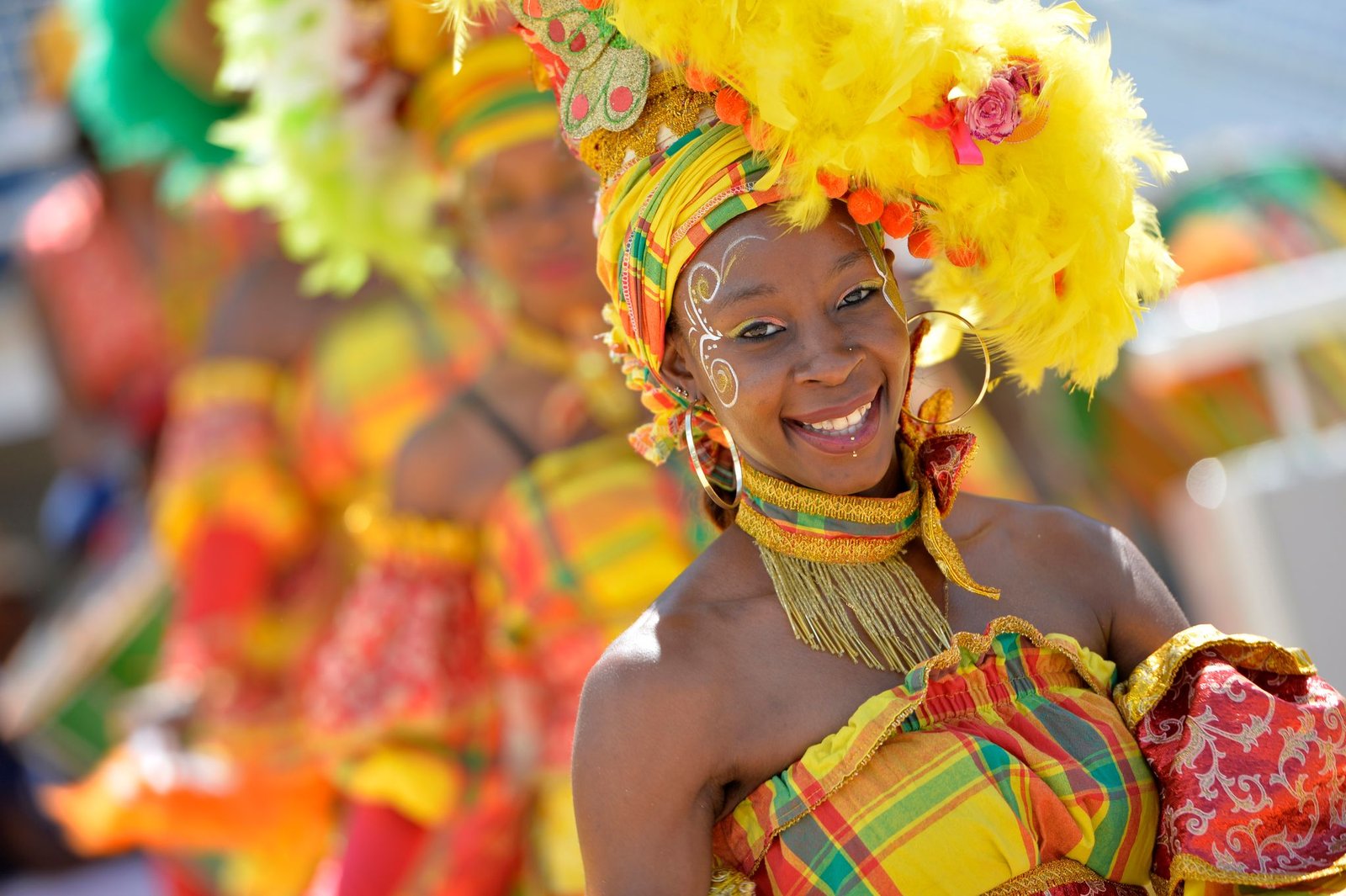


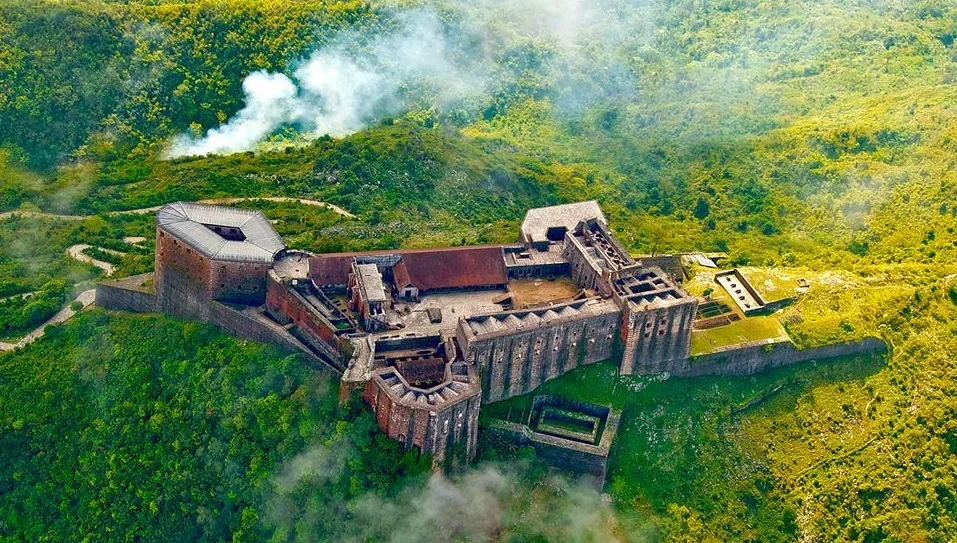


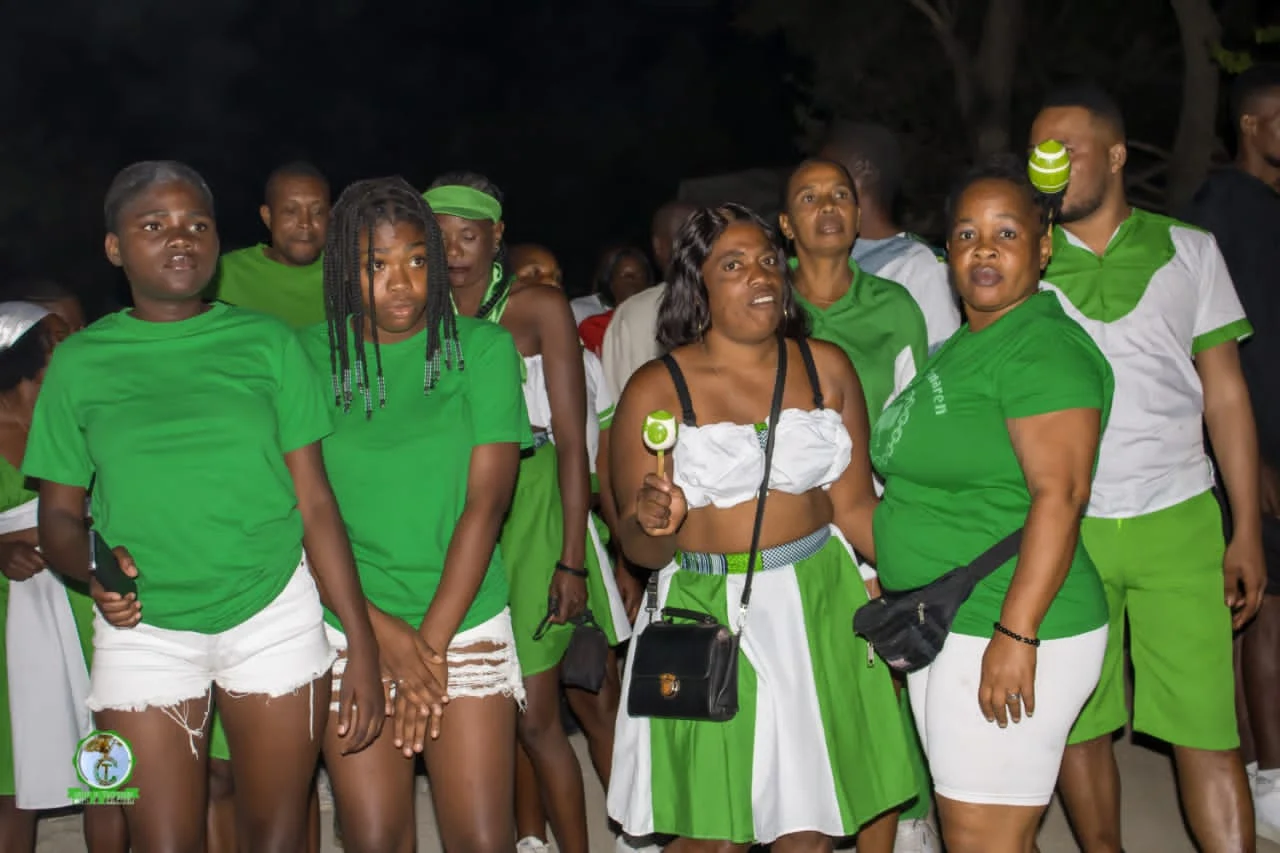











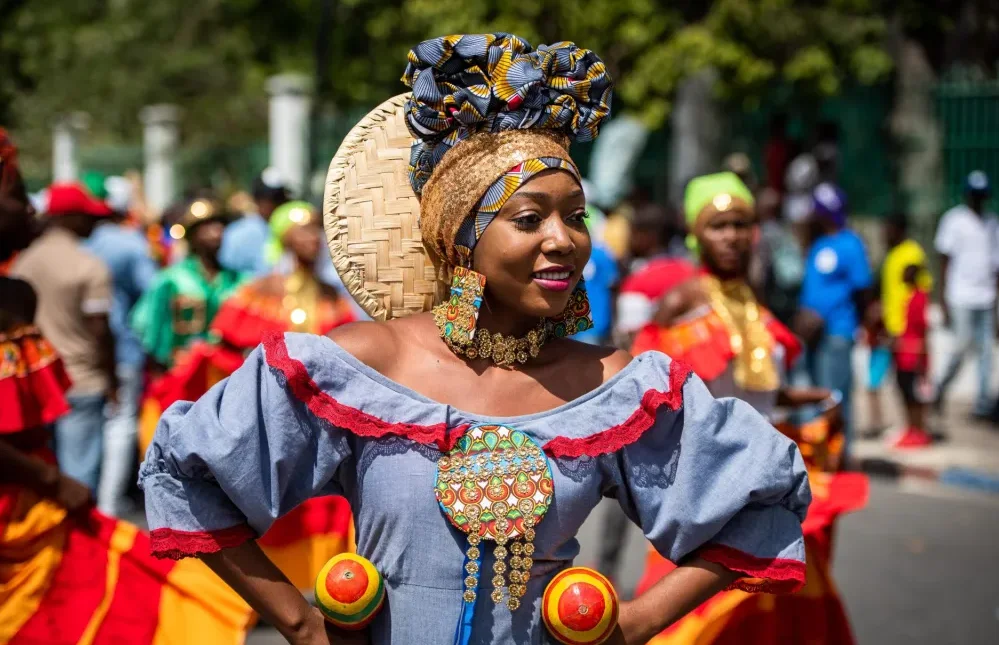

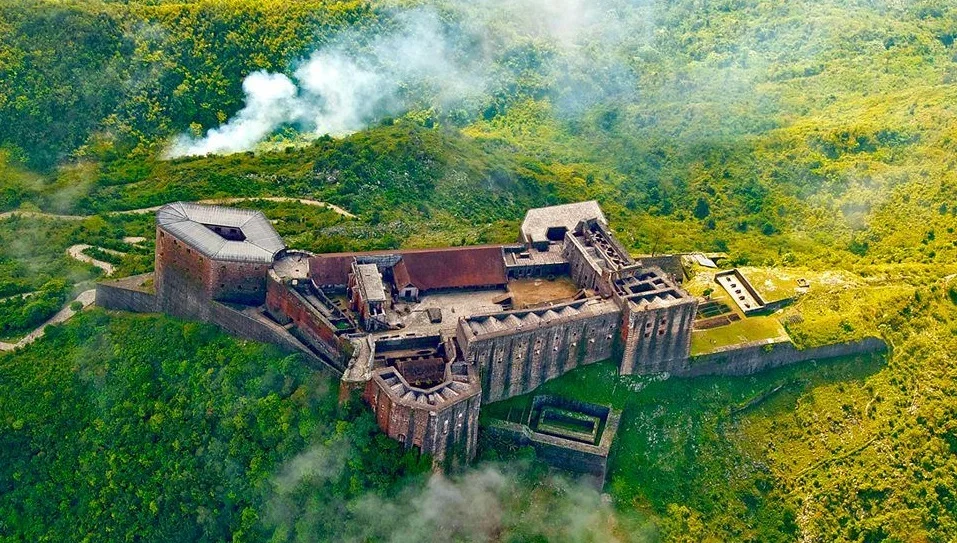


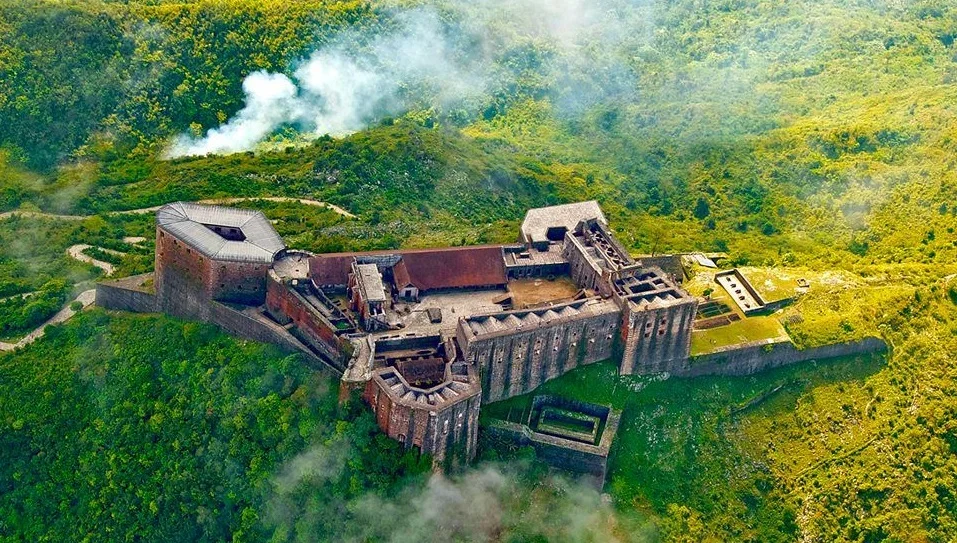























































Premye ak dezyèm rezolisyon sou alfabèt kreyòl la
August 10, 2025 - 08:47:26 PMMwwen se yon ayisen tout bon vle map mouriii pou hayti kpk bwa kale net a les.
August 23, 2025 - 05:46:54 AM